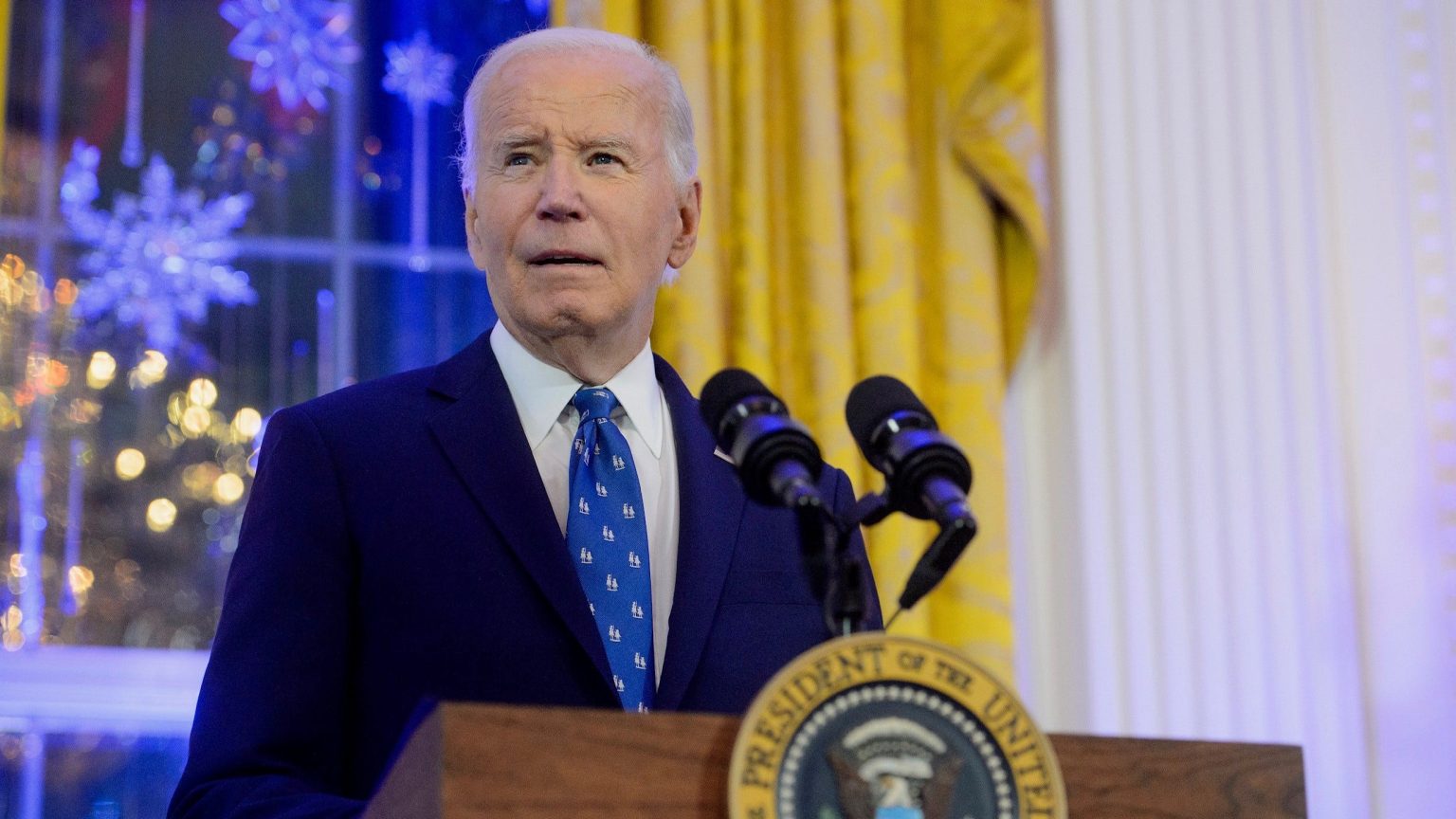President-elect Donald Trump’s camp swiftly condemned President Joe Biden’s decision to commute the death sentences of 37 federal death row inmates to life imprisonment without parole, labeling the move a blatant disregard for victims and their families. Trump’s communications director, Steven Cheung, underscored the stark contrast between the two presidents’ approaches to crime, portraying Biden’s action as an affront to justice and the rule of law. He emphasized Trump’s commitment to upholding the death penalty and promised its reinstatement upon Trump’s anticipated return to the White House. This commutation marks a significant moment in Biden’s presidency, setting a record for clemency grants in a first term. The White House justified the move by stating that Biden believes the federal death penalty should be reserved for acts of terrorism and hate-motivated killings. The commutation effectively prevents a potential Trump administration from carrying out these executions, a prospect Biden explicitly stated he could not condone.
The commutations sparked a wave of criticism from Republican lawmakers, many echoing Cheung’s sentiments. Senator Eric Schmitt of Missouri, for instance, decried the decision as a “slap in the face” to victims and their families, reflecting a broader sentiment within the party that views the death penalty as a just punishment for heinous crimes. The victims of the 37 inmates whose sentences were commuted included law enforcement officers, children, and other inmates, adding another layer of complexity and emotion to the debate. The White House emphasized that Biden’s action stemmed from his belief that the death penalty should be reserved for the most extreme cases, signaling a shift away from the broader application of capital punishment.
Biden’s decision highlights his administration’s evolving stance on criminal justice reform. Upon taking office, Biden implemented a moratorium on federal executions, reflecting his reservations about the death penalty’s application. This latest move further solidifies his position and creates a significant barrier for any future administration seeking to reinstate executions for these specific cases. The commutations fit within a broader pattern of clemency actions undertaken by the Biden administration, including the commutation of sentences for nearly 1,500 prisoners under home confinement during the COVID-19 pandemic and pardons for 40 individuals.
While Biden has granted clemency to a historically high number of inmates, he has stopped short of commuting the sentences of certain high-profile individuals, including Robert Bowers, the perpetrator of the 2018 Tree of Life Synagogue shooting; Dylann Roof, the white supremacist responsible for the 2015 Charleston church massacre; and Dzhokhar Tsarnaev, one of the Boston Marathon bombers. These individuals remain on death row, their cases representing the very types of crimes for which Biden believes the death penalty is appropriate. This distinction underscores the complexities of the death penalty debate, highlighting the challenges of balancing justice, retribution, and societal values.
The contrasting views of Biden and Trump on capital punishment represent a significant ideological divide in American politics. Trump has consistently advocated for a tough-on-crime approach, including expanding the use of the death penalty. He has even suggested extending capital punishment to drug dealers, a stance that further underscores his hardline approach to criminal justice. This stark difference in philosophy sets the stage for potential future clashes over the death penalty’s role in the American legal system. Biden’s actions effectively limit the options of a future Trump administration regarding these specific cases, but the broader debate surrounding capital punishment is likely to continue, influenced by political and societal shifts.
The commutation of these 37 death sentences represents a pivotal moment in the ongoing debate about the death penalty in the United States. Biden’s actions reflect a growing movement towards criminal justice reform and a reevaluation of the efficacy and morality of capital punishment. While his decision has drawn strong criticism from some quarters, it also signifies a shift in the national conversation about justice, mercy, and the appropriate punishment for even the most heinous crimes. The long-term consequences of this decision, both legally and politically, remain to be seen, but it undoubtedly marks a significant chapter in the evolving story of capital punishment in America.


